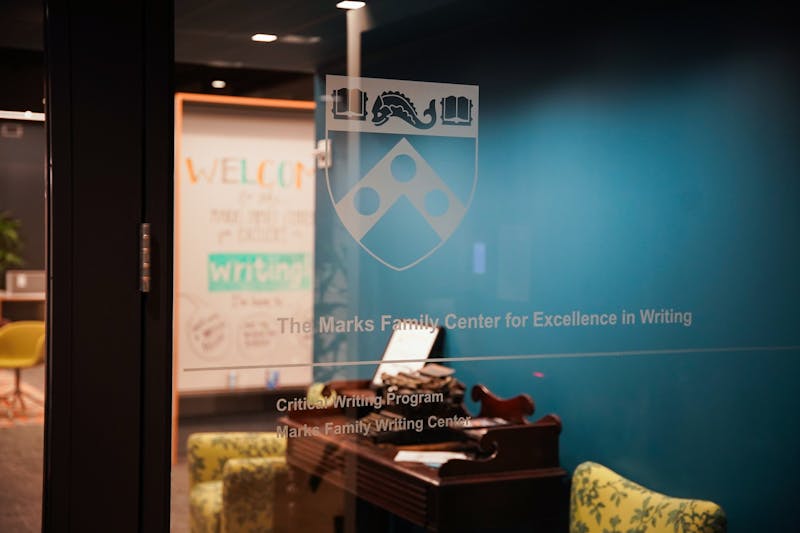College undergraduates traveling to academic conferences can now petition the University to foot their travel bills.
The College of Arts and Sciences has established a travel fund to help defray the costs of travel and conference fees for undergraduates wishing to participate in academic conferences. The new fund will provide students who apply and are selected with grants of up to $500.
"The idea behind it is part of a general effort to encourage the undergraduate research experience," said College Dean Rebecca Bushnell, who proposed the grant. "It is an opportunity for students to be exposed to the world of academic scholarship."
Under the new policy, students will be able to apply for funds in November, February or May of each year by submitting a proposal and a letter of support from the undergraduate chairman or program director in their major.
A committee -- which, according to Bushnell, has not yet been selected -- will review and approve the applications.
Given that there are limited funds, the application process will be competitive, Bushnell said, and preference will be given to students who are actually invited to attend academic conferences as presenters or as collaborators on a paper being presented.
"It is a pilot program right now," Bushnell said. "So we'll see what kind of interest is there and what kinds of requests we get."
According to Bushnell, the idea for the proposal was a response to requests for financial assistance for travel from several students wishing to attend academic conferences.
After one of his students requested funds for travel to a conference in Romania, Frank Plantan Jr., director of the International Relations program, was asked by Bushnell's office to act as a consultant on the proposal.
Pleased with the idea, he wrote a memo noting that he had several other students with equally valid requests.
"This is a perennial issue," he said. "And over the course of discussion, Bushnell decided she could do more, so she set up the fund."
Indeed, while other programs around the college offer financial support for undergraduate research, most are limited in funds, and demand exceeds supply. Associate Director of Academic Affairs Eric Schneider, who sits on the committee that distributes the Nassau, College Research and Rose awards, agreed.
"Those grants are defined as research grants, and usually we have to parse funds carefully to support as many students as possible," he said. "Therefore, presentation of research is a lesser priority [and so] this initiative fills an important gap."
Plantan added, however, that "given how tight budgets are and the competition for what limited discretionary funds the dean has, this is a powerful statement in support of the undergraduate experience."
One particularly important aspect of the new travel fund that distinguishes it from the others is the three deadlines, which will allow more opportunities for students to get the money, he noted.
While the new fund "won't completely fill the gap," Plantan said that it was "a big step to complement what CURF [the Center for Undergraduate Research and Funding] and departments in the college are doing already."
"This is a small step in what I hope will be an expansion of opportunities," Bushnell said.
Indeed, the travel fund is the first of several new initiatives to expand undergraduate research at Penn that Bushnell is planning for this year.
Up next on her agenda is creating a summer research program that involves working with CURF.
The Daily Pennsylvanian is an independent, student-run newspaper. Please consider making a donation to support the coverage that shapes the University. Your generosity ensures a future of strong journalism at Penn.
DonatePlease note All comments are eligible for publication in The Daily Pennsylvanian.








